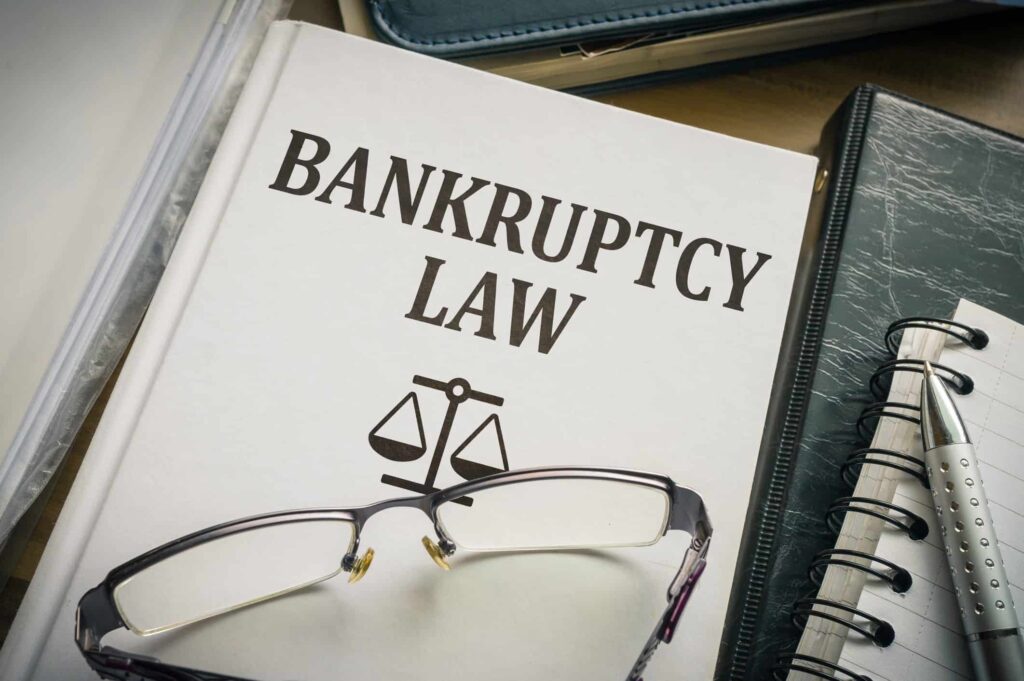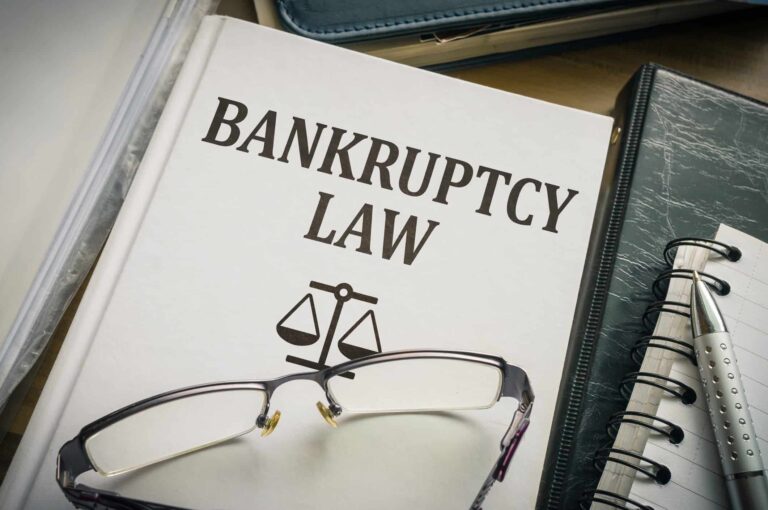Chapter 7 Bankruptcy Checklist and Requirements To File
Economic and personal factors can cause challenging financial situations for individuals and businesses. When bills exceed monthly income, it may be necessary to take steps to resolve outstanding debts. This can be done by eliminating or consolidating debts by filing for bankruptcy.
Bankruptcy is an option for individuals, business entities, partnerships, and corporations. Individuals filing for bankruptcy should consider the impact on their credit score and ability to finance significant expenses. Suppose you plan to buy a home or a new car. Your bankruptcy may make qualifying for a mortgage or car loan challenging.
Businesses, corporations, and partnerships must consider their long-term plans. Some businesses may find that a bankruptcy filing is an effective way to resolve debts and improve efficiency. It’s also an effective way to liquidate the business and resolve debts if the plan is to shut down.
Any party planning to file must meet the Chapter 7 bankruptcy requirements. Let’s look at those requirements and the steps you must take to successfully file for Chapter 7 bankruptcy.
CTA: Contact DeLuca & Associates and get a $0 down bankruptcy attorney today.
How Chapter 7 works
Petitioners must file their bankruptcy case with the appropriate bankruptcy court to initiate the bankruptcy process. As part of their application, petitioners must supply the required documentation and demonstrate their filing eligibility.
One reason petitioners choose Chapter 7 instead of Chapter 13 bankruptcy is that Chapter 7 offers a fresh start. Petitioners don’t have to develop a debt repayment plan because Chapter 7 is a liquidation bankruptcy. Consequently, the petitioner’s nonexempt assets will be seized and sold to repay their creditors.
Once petitioners have completed and filed all required documents and taken all steps ordered by the court — such as completing a debt education course — they can expect it to take 90 days or more for their bankruptcy to be discharged.
Chapter 7 Bankruptcy Eligibility
Parties must qualify for Chapter 7 bankruptcy by meeting the following eligibility requirements:
- Complete credit counseling: Approved credit counseling agencies counsel those with financial challenges. Credit counseling programs teach attendees to create a budget and debt management plan.
- Pass the means test: To qualify, individuals must pass the Chapter 7 means test. The means test demonstrates your inability to pay your debts. It confirms you don’t have other options to resolve your financial situation.
- Prior filing dismissed: The U.S. courts list reasons a petitioner won’t qualify to file for Chapter 7 bankruptcy. Petitioners are disqualified for actions related to prior bankruptcy petitions within the last six months. To ensure you qualify, you may need to wait until 180 days have passed since you withdrew a prior petition or failed to appear in court.
Documents needed to file for Chapter 7bankruptcy
Petitioners must complete and gather several documents when filing for Chapter 7. The application involves dozens of pages of paperwork. This Chapter 7 bankruptcy checklist requirements include the following:
- Driver’s license: Your driver’s license verifies your identity.
- Social security card: Your social security card verifies your identity.
- Auto loan statements and appraisals: Include auto loan statements for any vehicles you own. Include appraisals of the value of your vehicles.
- Bank statements: Six months of bank statements verify the petitioner’s financial situation.
- Collections statements: Your application should include credit card bills, billing statements, and collections notices.
- Credit report: Petitioners need a current credit report to support their application.
- Investment statements: Include statements for any current investments.
- List of property: Identify the property you own and its value. In this context, property refers to possessions, such as furniture, bedding, and electronics.
- Mortgage statements and home valuations: If you own property, you must provide a copy of your current mortgage statement. Include an assessment of your home’s value.
- Retirement statements: Include statements for any retirement plans you have, such as a 401K.
- Pay stubs: Petitioners need six months of pay stubs to verify their income.
- Repair cost estimates: Include an estimate of repair costs if your property is in disrepair.
- Tax returns: Applications must include tax returns from the last two years.
- Chapter 7 bankruptcy forms: Petitioners must complete and provide several forms with their bankruptcy application, such as B 101 Voluntary Petition for Individuals Filing for Bankruptcy and B 105 Involuntary Petition Against an Individual.
There are additional documents you must supply after your initial petition. These documents include the following:
- Bank statements: Supply 60 days of bank statements after you file.
- Certificate of completion: Proof you’ve completed the required debtor education course.
- Pay stubs: Documentation to verify your income for 60 days after filing.
- Tax returns: You must include the most recent tax returns.
How to file for Chapter 7 bankruptcy in Nevada
The application process outlined here covers applying for Chapter 7 bankruptcy in Nevada; however, Nevada residents must use the state’s exemptions when claiming exemptions during bankruptcy. Working with a Las Vegas bankruptcy lawyer ensures you meet the requirements and claim appropriate exemptions while filing. Bankruptcy attorneys understand the distinctions between Chapter 7 and Chapter 13 bankruptcy, how to determine who qualifies for each type of filing, and the pros and cons of each option.
It’s also important to consider whether filing Chapter 7 is the best option. You can’t discharge debts for taxes, student loan payments, and other personal expenses, such as child support or alimony payments, through your bankruptcy petition. If most of your debts involve expenses you can’t discharge through bankruptcy, filing for bankruptcy may not be the best option.
A bankruptcy lawyer will explain your options and eligibility when filing for bankruptcy

The legal team at Deluca & Associates is committed to helping individuals resolve their financial challenges. We’ll explain your options, answer your questions, and guide you through bankruptcy. Our goal is to ensure every client experiences a smooth bankruptcy filing so they can get the fresh start they need.






